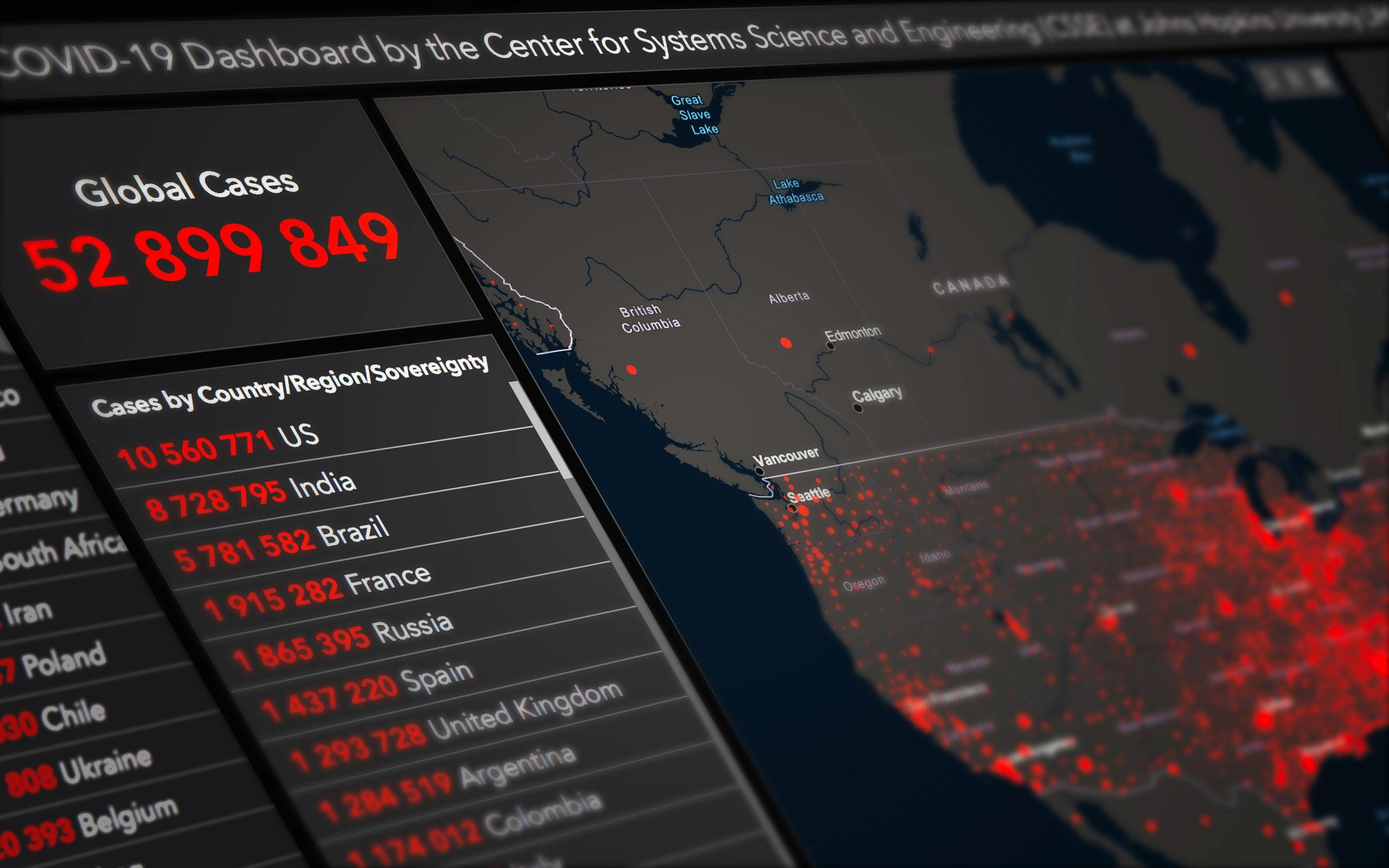In a July 2012 email, Hillary Clinton discussed intelligence from Israel, which warned that the fall of Syria could trigger a Sunni-Shiite conflict that might ultimately serve Israel’s interests. You can find more details in the email archive: link.
Hilary Clinton email from July 2012: Israel intelligence says collapse of Syria will spark a Sunni-Shiite war that will benefit Israel.

Categories:
1 thought on “Hilary Clinton email from July 2012: Israel intelligence says collapse of Syria will spark a Sunni-Shiite war that will benefit Israel.”
Leave a Reply to outadmin Cancel reply
Related Post

Every baby’s DNA ‘to be screened’ on the NHS in bid to detect and prevent diseaseEvery baby’s DNA ‘to be screened’ on the NHS in bid to detect and prevent disease
Title: NHS to Implement Comprehensive DNA Screening for Newborns to Combat Future DiseasesIn a groundbreaking initiative, the National Health Service (NHS) has announced plans to screen the DNA of every

You were born free but trained to seek permission: The hidden architecture of social control that starts with making you care what everyone else thinksYou were born free but trained to seek permission: The hidden architecture of social control that starts with making you care what everyone else thinks
Breaking Free: Embracing Authenticity in a World of ExpectationsIn a society driven by perceptions and external validations, it’s easy to overlook a fundamental truth: we were born to be free,

It’s important to analyze the context and implications of this email from Hilary Clinton. The discussion about the collapse of Syria and the potential for a Sunni-Shiite war highlights the complex geopolitical dynamics in the Middle East, where rivalries and sectarian tensions have long-shaped regional politics. The assertion that such a scenario could benefit Israel points to the broader strategic calculations nations often make regarding their neighbors.
However, predicting the outcomes of such conflicts is always fraught with uncertainty. While some might argue that instability could provide opportunities for certain nations, it often leads to humanitarian crises and long-term regional instability that can have far-reaching consequences for many, including Israel itself.
Engaging in discussions about these emails requires careful consideration of the historical context, the motivations of the countries involved, and the potential ramifications for peace and security in the region.